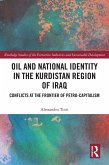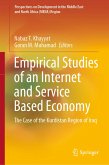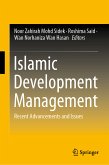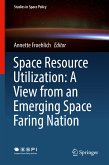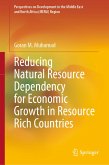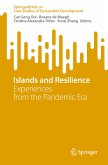This book investigates the intricacies of resource management performance across various sectors within the Kurdistan Region of Iraq. With 13 in-depth studies, it examines the region's evolution from an agricultural society to an emerging market since the collapse of the Saddam Hussein regime in 2003. Oil and gas revenue, comprising over 85 percent of fiscal revenues, has attracted multinational companies and international humanitarian organizations, although external factors such as the ISIS conflict and global economic downturns have hindered their performance. Additionally, conflicts with Baghdad and the fallout of the ISIS war have led to double embargoes and economic crises, exacerbated by the region's provision for 2 million refugees and internally displaced persons. International entities like the IOM and UNDP have played vital roles in supporting the region's development amid these challenges. Despite these obstacles, the Kurdistan Region demonstrates significant economic potential. By scrutinizing resource management in sectors such as education and electricity, this book offers valuable insights and policy recommendations for researchers, decision-makers, and organizations invested in the region's growth and stability.
Dieser Download kann aus rechtlichen Gründen nur mit Rechnungsadresse in A, B, BG, CY, CZ, D, DK, EW, E, FIN, F, GR, HR, H, IRL, I, LT, L, LR, M, NL, PL, P, R, S, SLO, SK ausgeliefert werden.



